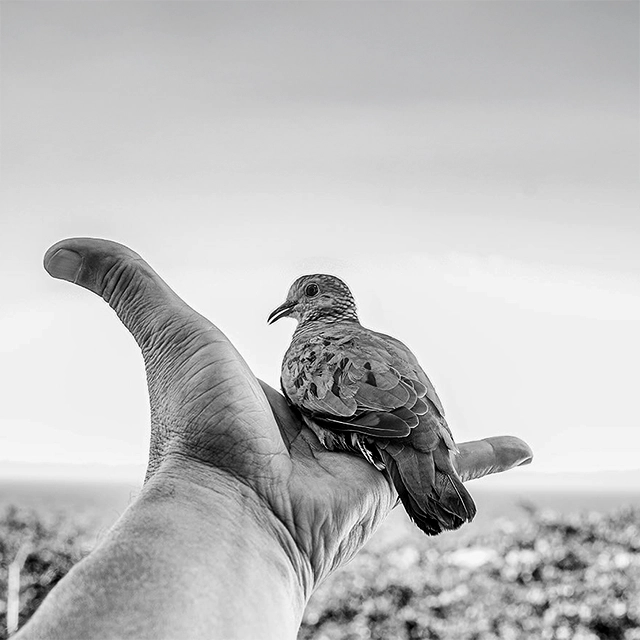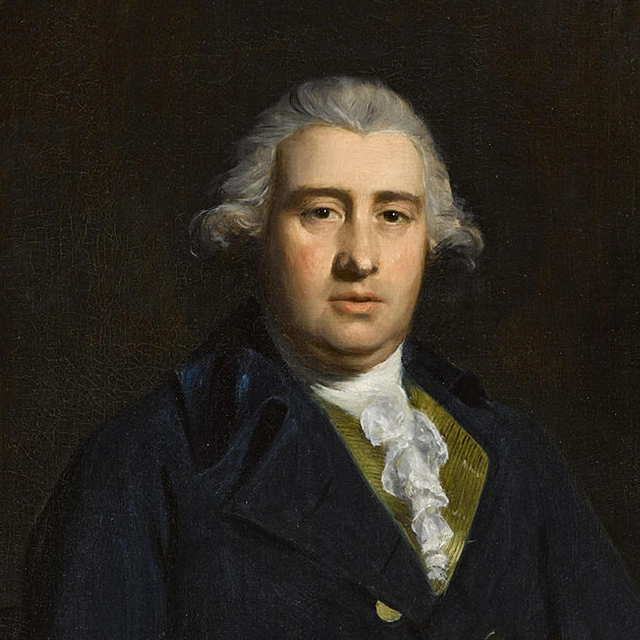
THE
ANNEX
NEWS





Printed Havana ( From Behind the Wall )
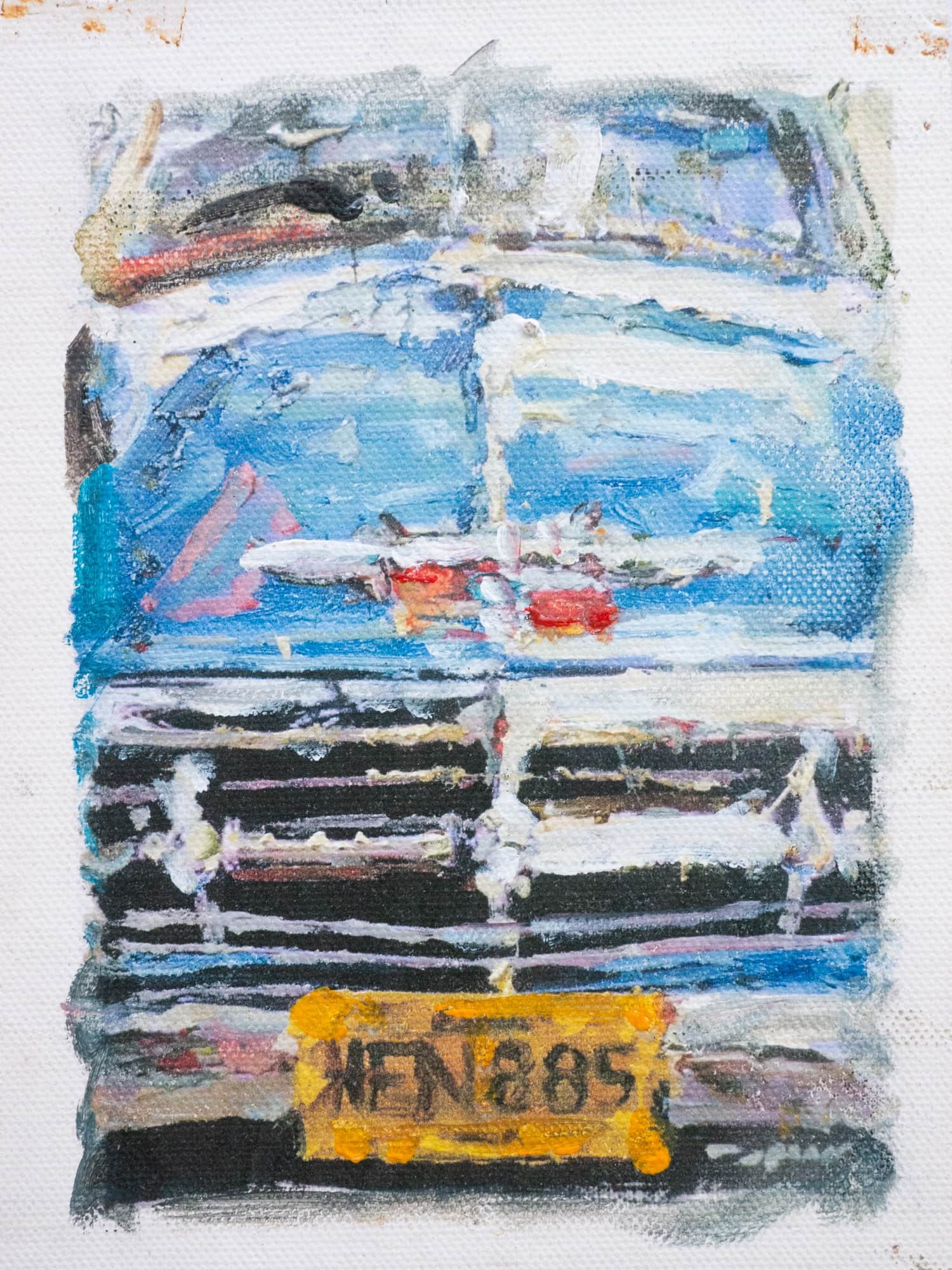
Taller Experimental de la Gráfica de La Habana
Founded in 1962 in the heart of Old Havana, the Taller Experimental de la Gráfica has become one of the most prestigious centers for printmaking in Latin America. Established with the support of renowned Cuban artists and under the guidance of figures such as Orlando Suárez, the workshop emerged within the cultural initiatives of the Revolution, aiming to democratize access to the visual arts. Its mission has been to preserve traditional printmaking techniques—woodcut, lithography, etching, and screen printing—while fostering contemporary experimentation. The Taller functions as a collective studio, a training ground for emerging artists, and a cultural laboratory where artisanal heritage converges with innovation. Its importance lies not only in producing works of exceptional quality but also in serving as an open institution deeply engaged with community life and international exchange.
A Brief Overview of Printmaking in Cuba
Printmaking in Cuba dates back to the eighteenth century, initially linked to scientific illustration and publishing. By the nineteenth century, private workshops and commercial lithography marked the medium’s expansion. With the advent of modernity, particularly in the mid-twentieth century, printmaking became a language of cultural affirmation and aesthetic exploration. From the socially engaged woodcuts of artists like Eduardo Muñoz Bachs to contemporary experiments in screen printing and digital processes, Cuban printmaking has consistently mediated between the popular and the scholarly, the political and the poetic. Today, Cuban printmaking holds a significant place on the international stage, as a living art that combines technical rigor, formal innovation, and a profound sense of identity.
Time
Friday, August 30, 2019 AT 5 PM – 8 PM
Location
The Annex Gallery
1310 Pendleton Street
Cincinnati Ohio
45205






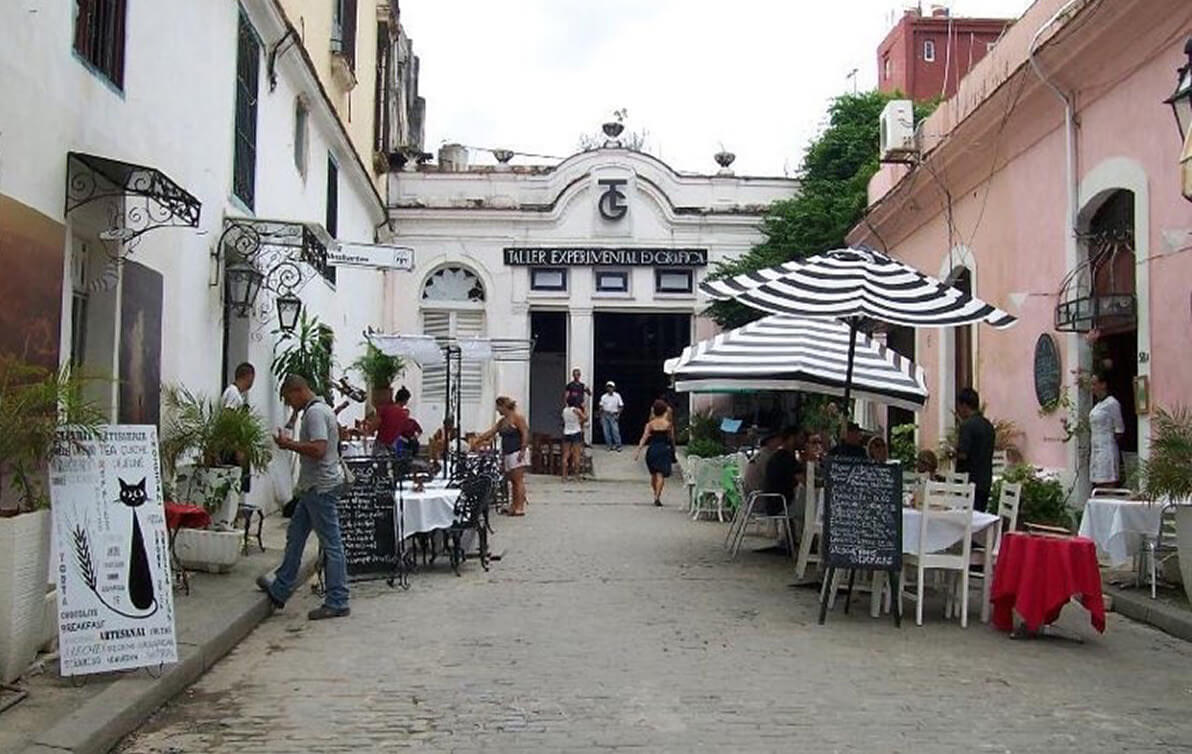
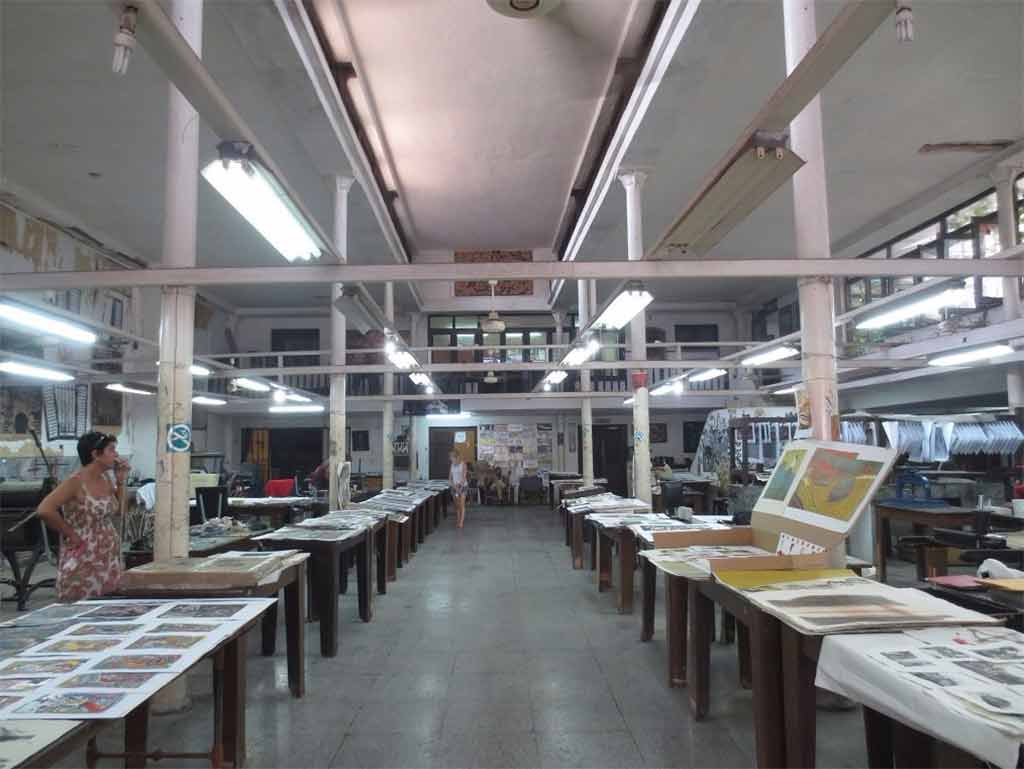
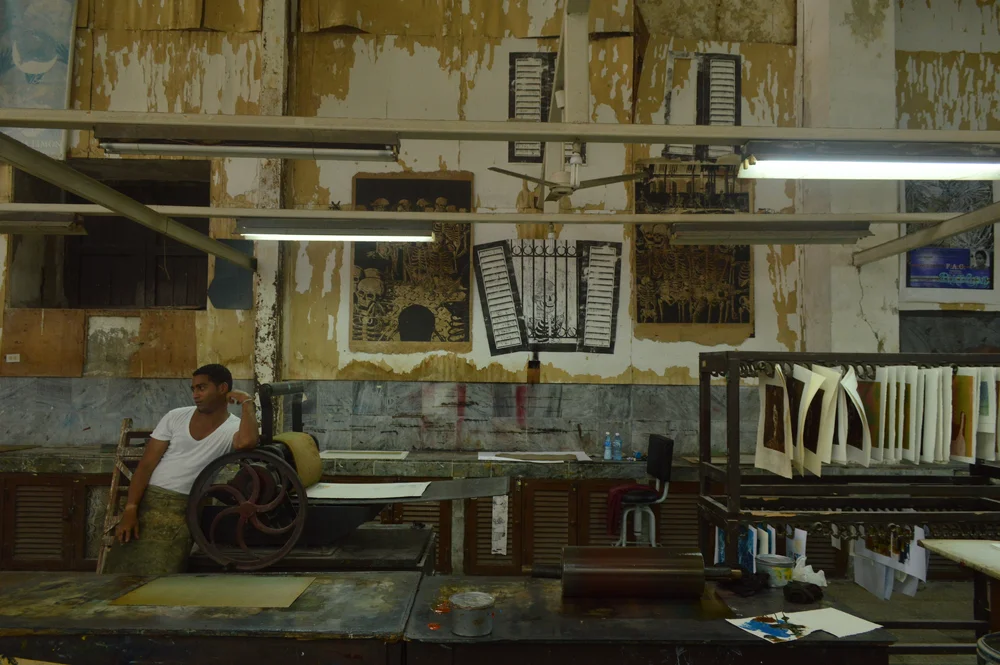
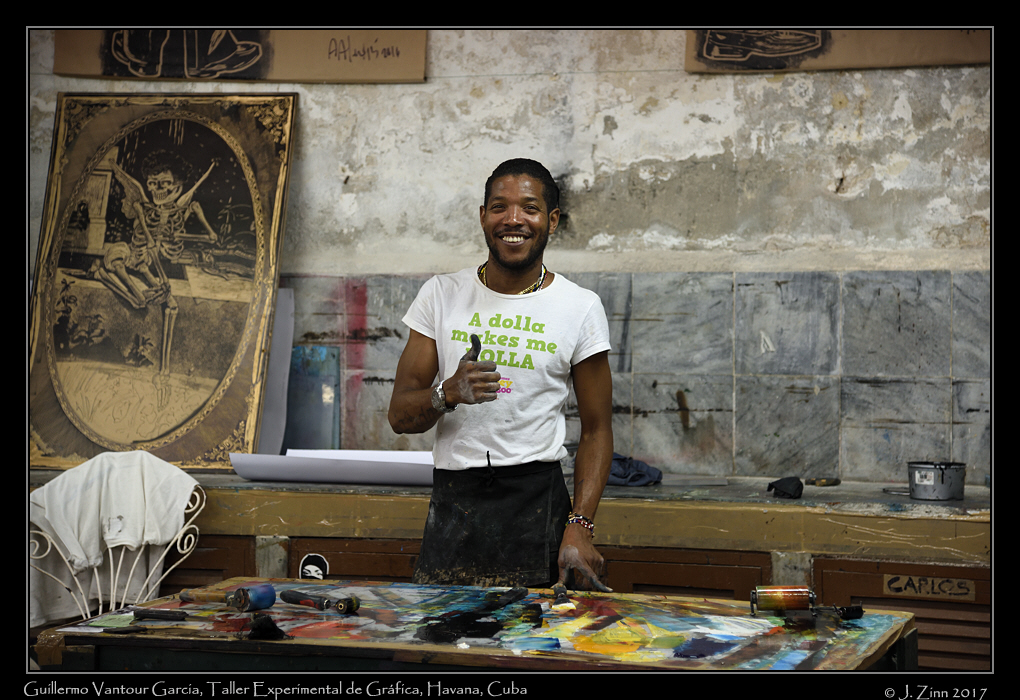
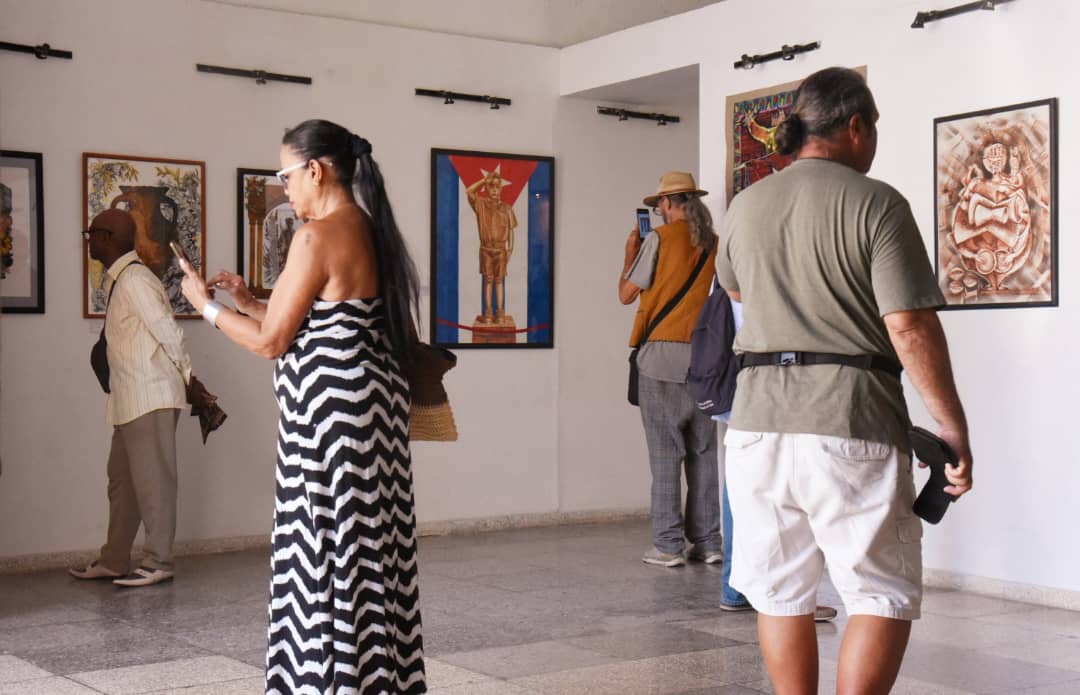
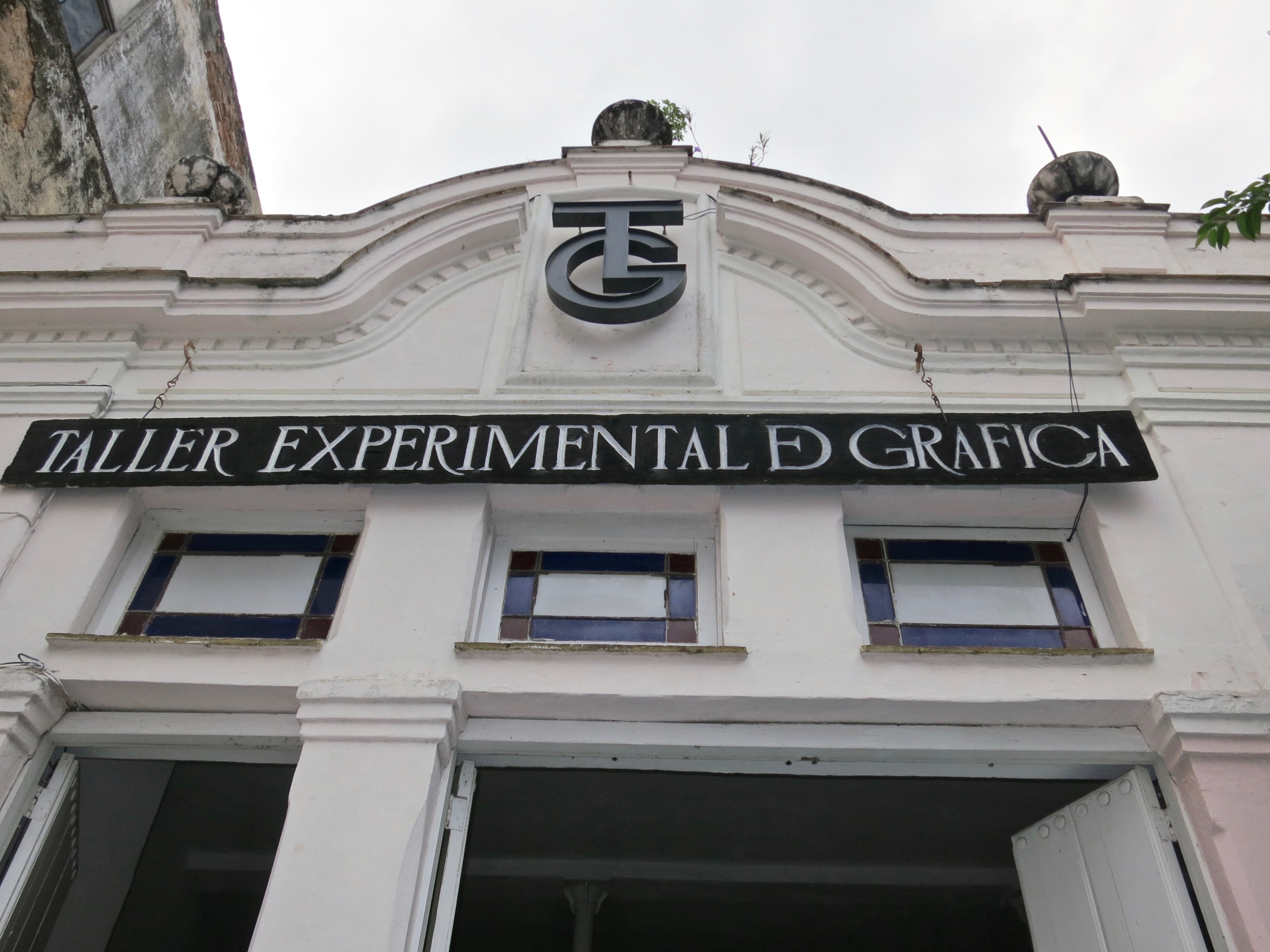


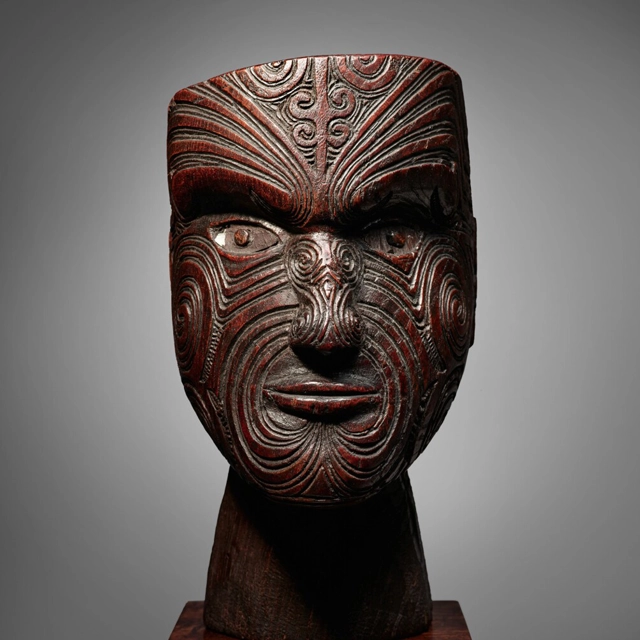
It is generally understood that national museums ought to be the natural custodians of their cultural memory. Spaces where the history of national art is presented in an ordered and intelligible form. Where foundational images can still be contemplated. Yet, primarily for reasons of funding, an increasing number of state institutions...
